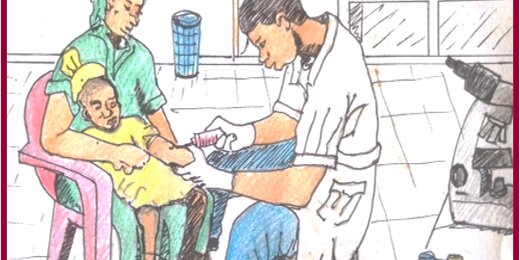Mpox (formerly Monkeypox), is a viral disease with two types, Clade 1 and Clade 2, transmitted through close contact. While often mild, it can cause severe illness and high mortality, especially in vulnerable groups, including pregnant women and young children.
In August 2024, the World Health Organization declared a Public Health Emergency of International Concern due to a surge in Clade 1 cases in the DRC. Nearly 40% of recent cases in the country affect children under five. In response, the PregInPoxVac study, a Phase 3 vaccine trial in Boende, DRC, is testing the safety and immunogenicity of the MVA-BN vaccine in pregnant women and young children, aiming to better protect these high-risk groups and strengthen public health resilience.
PregInPoxVac is a collaboration between the University of Antwerp, the University of Kinshasa, Fondazione Penta ETS and Africa Clinical Research. The project is funded by The Third European and Developing Countries Clinical Trials Partnership Programme (EDCTP3) and the Coalition for Epidemic Preparedness Innovations (CEPI).


Drawn illustrations on this website: Infographics created by Bienvenu Mboyo Bekau for the Department of Tropical Medicine of the University of Kinshasa as part of the PregInPoxVac study implemented in Boende, Tshuapa Province in the Democratic Republic of Congo.
